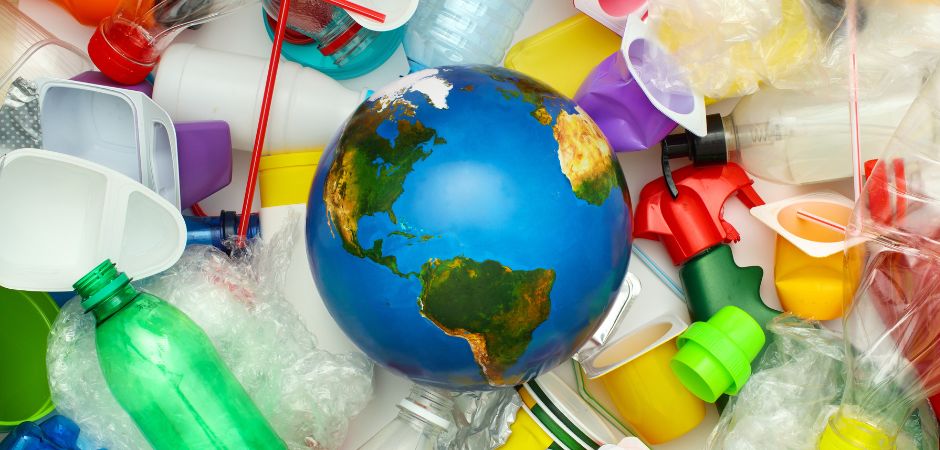With environmental awareness on the rise, the choice between paper and plastic bags is a significant topic. It is important to understand the environmental impact of paper bags, both positive and negative, in order to make an informed decision.
Are paper bags eco-friendly?
Paper bags are often considered a more environmentally friendly alternative to plastic bags due to their biodegradability. They are made from renewable resources like trees, making them seem like a natural choice.
However, the process of manufacturing paper bags requires significant amounts of water and energy, as well as the harvesting of trees. This extraction of raw materials contributes to deforestation and habitat loss, impacting ecosystems and biodiversity. Furthermore, the production of paper bags results in air and water pollution, further exacerbating environmental degradation . Recycling paper bags helps mitigate their impact, but it’s important to use them responsibly to reap their benefits.
Comparing paper and plastic bags: Environmental impact
While paper bags are biodegradable, plastic bags linger in the environment for hundreds of years, causing harm to wildlife and ecosystems. This aspect makes paper bags seem like the better option. However, paper bag production emits higher greenhouse gas emissions than plastic bags.
Plastic bag production requires less energy and water compared to paper bags. Additionally, plastic bags are lightweight, which reduces transportation emissions during distribution. It’s essential to consider the entire life cycle of both types of bags when evaluating their environmental impact.

“Planet friendly” claims
Manufacturers often put forward paper bags as a better option for the planet, but this claim needs scrutiny. The energy-intensive paper production process and their relatively short lifespan can diminish their eco-friendliness. Reusing paper bags multiple times and recycling them are vital steps to enhance their environmental benefits.
Pollution footprint: Paper vs. plastic bags
When it comes to pollution, it’s not just about decomposition time. Paper bags, while biodegradable, produce more water and air pollution during their production compared to plastic bags. On the other hand, plastic bags contribute significantly to plastic pollution and harm marine life. The key lies in using and disposing of bags responsibly.
However, the government of the UK is taking steps to reduce the environmental impact of bags. They have banned single-use plastic bags, and they are working to increase the use of reusable bags. Carrier Bag Shop offers biodegradable plastic bags as well as offering alternative bag for life options with jute and cotton bags.
Ultimately, the most eco-friendly choice is to reduce our overall bag consumption, reuse bags as much as possible, and dispose of them properly. By making informed decisions, we can all contribute to protecting the environment.
Related articles:
Eco-friendly packaging made simple: Your frequently asked questions, answered


